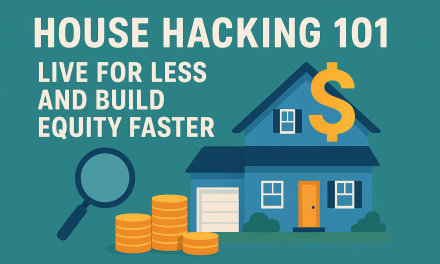Debt Detox: Essential Approaches to Clear Credit Card Balances
In today’s financial landscape, credit card debt is a common challenge faced by many individuals. The allure of easy spending and the pressure of high interest rates can quickly turn manageable balances into daunting burdens. A thoughtful approach to debt detoxification is essential to regain financial stability and peace of mind. Here are some effective strategies to tackle credit card debt and establish a healthier financial future.
1. Assess Your Financial Situation
Before diving into debt repayment, it’s crucial to have a clear understanding of your financial situation:
- List All Debts: Create a comprehensive list of all your credit card balances, including the card issuer, the outstanding balance, and the interest rate.
- Monthly Budget: Evaluate your income and expenses. Identify areas where you can cut costs and redirect funds towards debt repayment.
2. Create a Debt Repayment Plan
Effective debt management requires a structured approach:
-
Snowball Method: Focus on paying off the smallest balance first while making minimum payments on others. Once the smallest debt is cleared, apply its payment amount to the next smallest balance. This method can provide quick wins and motivate you to continue.
-
Avalanche Method: Prioritize debts with the highest interest rates. This approach may save more money on interest in the long run, though it can take longer to see progress.
3. Negotiate with Creditors
Engaging with your creditors can potentially lead to more favorable terms:
-
Lower Interest Rates: Request a reduction in your interest rate, which can substantially decrease the amount of interest paid over time.
-
Debt Settlement: Negotiate a lump-sum payment that is less than the full balance to clear the debt. This may impact your credit score, so proceed with caution.
4. Consider Debt Consolidation
Debt consolidation involves combining multiple debts into a single payment:
-
Balance Transfer: Transfer high-interest credit card debt to a card with a lower interest rate. Be wary of transfer fees and ensure you can pay off the balance before the promotional rate expires.
-
Personal Loans: A low-interest personal loan can consolidate debt into manageable monthly payments.
5. Adopt Smart Spending Habits
Preventing future debt requires a change in spending behavior:
-
Emergency Fund: Build an emergency savings account to cover unexpected expenses without resorting to credit cards.
-
Cash System: Use cash for everyday purchases to limit spending and avoid impulsive credit card use.
6. Seek Professional Help
If your debt is overwhelming, consider professional assistance:
-
Credit Counseling: Certified credit counselors can provide guidance on budgeting, debt management, and financial planning.
-
Debt Management Plan (DMP): A credit counseling agency can negotiate with creditors on your behalf to lower interest rates and consolidate payments.
Conclusion
A disciplined and informed approach to managing credit card debt can pave the way to financial freedom. By assessing your situation, creating a solid repayment plan, negotiating with creditors, and adopting smart spending habits, you can detox from debt and emerge with a healthier financial outlook. Remember, while the road to debt freedom may be challenging, it is achievable with persistence and determination.





